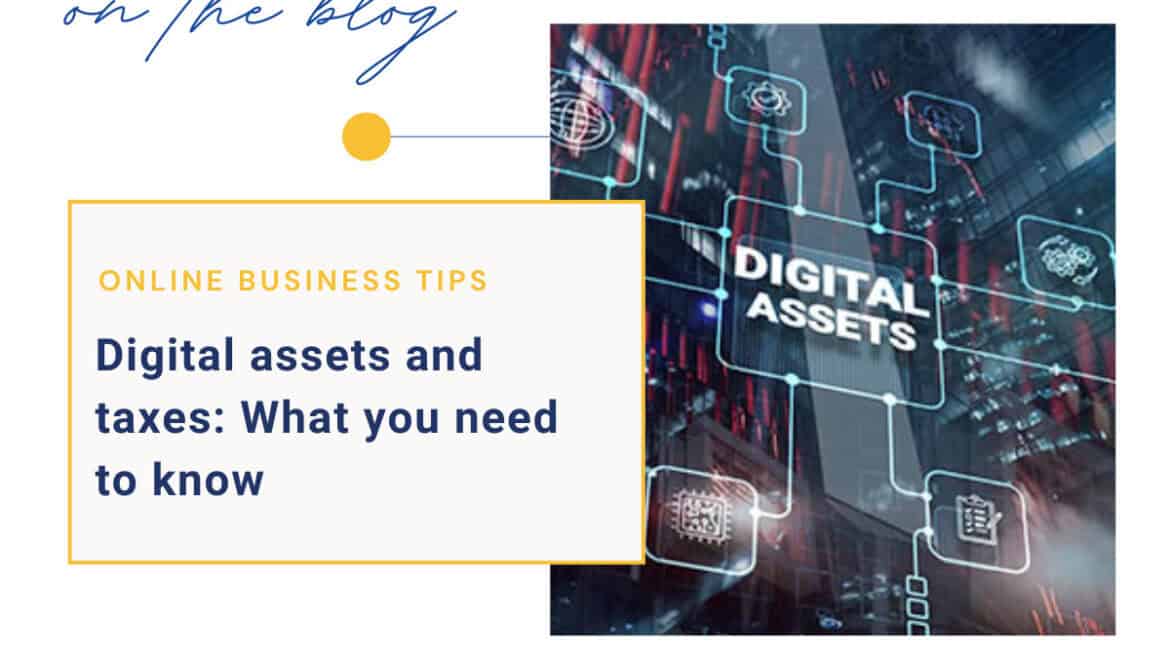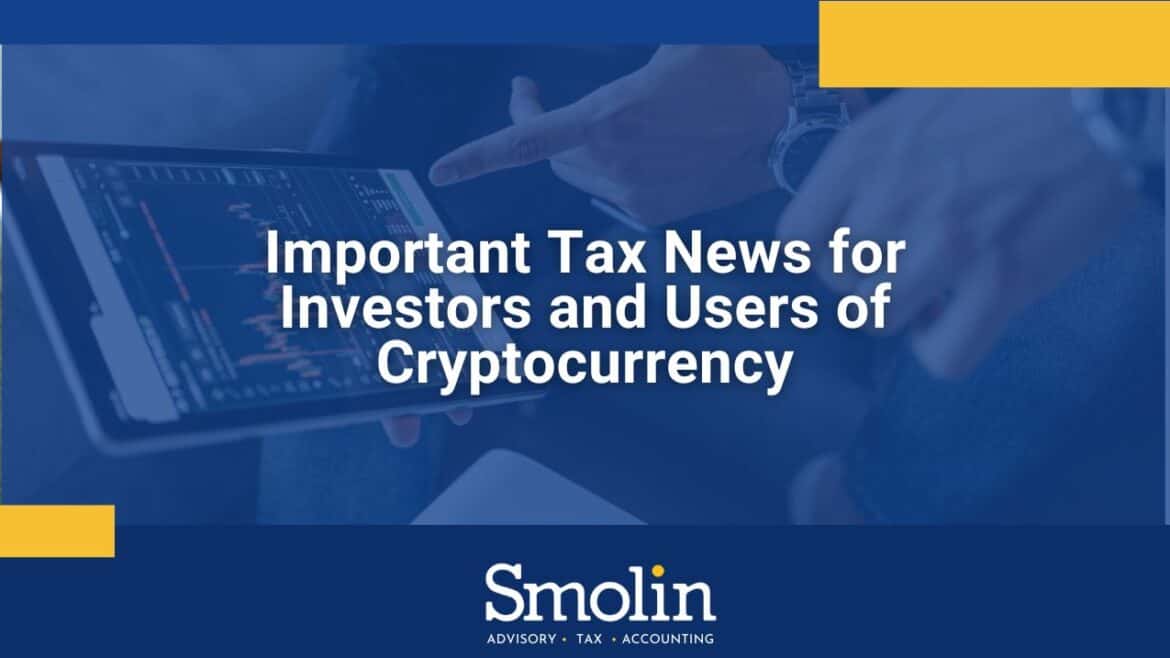As the use of digital assets like cryptocurrencies continues to grow, so does the IRS’s scrutiny of how taxpayers report these transactions on their federal income tax returns. The IRS has flagged this area as a key focus. To help you stay compliant and avoid tax-related complications, here are the basics of digital asset reporting.
The definition of digital assets
Digital assets are defined by the IRS as any digital representation of value that’s recorded on a cryptographically secured distributed ledger (also known as blockchain) or any similar technology. Common examples include:
- Cryptocurrencies, such as Bitcoin and Ethereum,
- Stablecoins, which are digital currencies tied to the value of a fiat currency like the U.S. dollar, and
- Non-fungible tokens (NFTs), which represent ownership of unique digital or physical items.
If an asset meets any of these criteria, the IRS classifies it as a digital asset.
Related question on your tax return
Near the top of your federal income tax return, there’s a question asking whether you received or disposed of any digital assets during the year. You must answer either “yes” or “no.”
When we prepare your return, we’ll check “yes” if, during the year, you:
- Received digital assets as compensation, rewards or awards,
- Acquired new digital assets through mining, staking or a blockchain fork,
- Sold or exchanged digital assets for other digital assets, property or services, or
- Disposed of digital assets in any way, including converting them to U.S. dollars.
We’ll answer “no” if you:
- Held digital assets in a wallet or exchange,
- Transferred digital assets between wallets or accounts you own, or
- Purchased digital assets with U.S. dollars.
Reporting the tax consequences of digital asset transactions
To determine the tax impact of your digital asset activity, you need to calculate the fair market value (FMV) of the asset in U.S. dollars at the time of each transaction. For example, if you purchased one Bitcoin at $93,429 on May 21, 2025, your cost basis for that Bitcoin would be $93,429.
Any transaction involving the sale or exchange of a digital asset may result in a taxable gain or loss. A gain occurs when the asset’s FMV at the time of sale exceeds your cost basis. A loss occurs when the FMV is lower than your basis. Gains are classified as either short-term or long-term, depending on whether you held the asset for more than a year.
Example: If you accepted one Bitcoin worth $80,000 plus $10,000 in cash for a car with a basis of $55,000, you’d report a taxable gain of $35,000. The holding period of the car determines whether this gain is short-term or long-term.
How businesses handle crypto payments
Digital asset transactions have their own tax rules for businesses. If you’re an employee and are paid in crypto, the FMV at the time of payment is treated as wages and subject to standard payroll taxes. These wages must be reported on
Form W-2.
If you’re an independent contractor compensated with crypto, the FMV is reported as nonemployee compensation on Form 1099-NEC if payments exceed $600 for the year.
Crypto losses and the wash sale rule
Currently, the IRS treats digital assets as property, not securities. This distinction means the wash sale rule doesn’t apply to cryptocurrencies. If you sell a digital asset at a loss and buy it back soon after, you can still claim the loss on your taxes.
However, this rule does apply to crypto-related securities, such as stocks of cryptocurrency exchanges, which fall under the wash sale provisions.
Form 1099 for crypto transactions
Depending on how you interact with a digital asset, you may receive a:
- Form 1099-MISC,
- Form 1099-K,
- Form 1099-B, or
- Form 1099-DA.
These forms are also sent to the IRS, so it’s crucial that your reported figures match those on the form.
Evolving landscape
Digital asset tax rules can be complex and are evolving quickly. If you engage in digital asset transactions, maintain all related records — transaction dates, FMV data and cost basis. Contact your Smolin advisor with questions. This will help ensure accurate and compliant reporting, minimizing your risk of IRS penalties.


